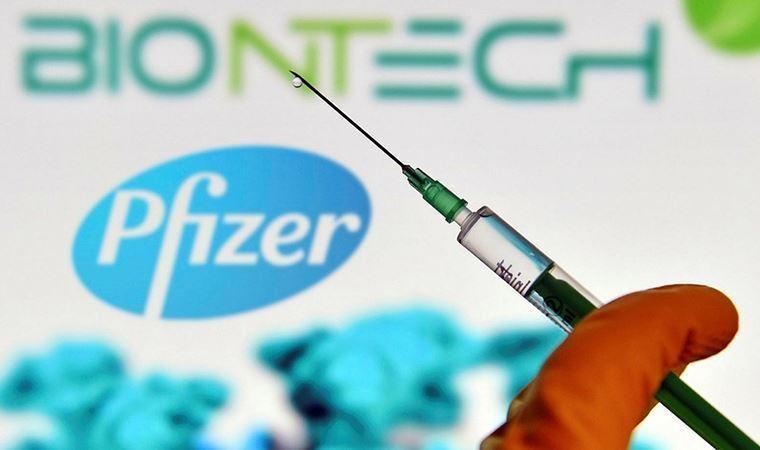
Turkey may soon sign an agreement to buy an experimental vaccine being developed by Pfizer and BioNTech, Professor Uğur Şahin, the founder of the Germany-based company, has said.
“We have been holding talks with Turkey for months. If it were up to me, a deal had already been inked. I am hoping that a deal could be signed to deliver the vaccine to Turkey by the end of the year,” Şahin told daily Hürriyet on Dec. 22.
Talks with Ankara are ongoing and are at their final stage, Şahin added.
There should not be any logistics issues involved regarding the delivery to and the storage of the vaccine in Turkey, he said, noting that injections have been stored in dry ice over the past 50 years.
“This is not today’s high technology. There are companies in Turkey which could handle the transfer of coolers, such as dry ice delivery companies. Besides, universities in Turkey have excellent infrastructure,” Şahin said, adding that he did not see any problems delivering the jabs to the vaccination sites in Turkey.
He, however, did not say how many doses of the vaccine Turkey will buy.
“We have stored enough doses [of the injection] for Turkey. The vaccines could be delivered to Turkey rather fast,” he told Anadolu Agency.
Şahin separately said that it was highly likely that BioNTech’s vaccine against the coronavirus works against the mutated strain detected in Britain, but it could also adapt the vaccine if necessary.
Scientifically, it is highly likely that the immune response by this vaccine also can deal with the new virus variant, according to Şahin.
“In principle the beauty of the messenger technology is that we can directly start to engineer a vaccine which completely mimics this new mutation. We could be able to provide a new vaccine technically within six weeks,” he said.
Şahin voiced confidence that the vaccine developed with Pfizer would be efficient because it “contains more than 1,000 amino acids, and only nine of them have changed, so that means 99 percent of the protein is still the same.”
He said tests are being run on the variant, with results being expected in two weeks.
“We have scientific confidence that the vaccine might protect, but we will only know it if the experiment is done... We will publish the data as soon as possible,” Şahin added.
BioNTech’s vaccine has been authorized for use in more than 45 countries including Britain, the United States and the EU. Hundreds of thousands of people have already received the shots.